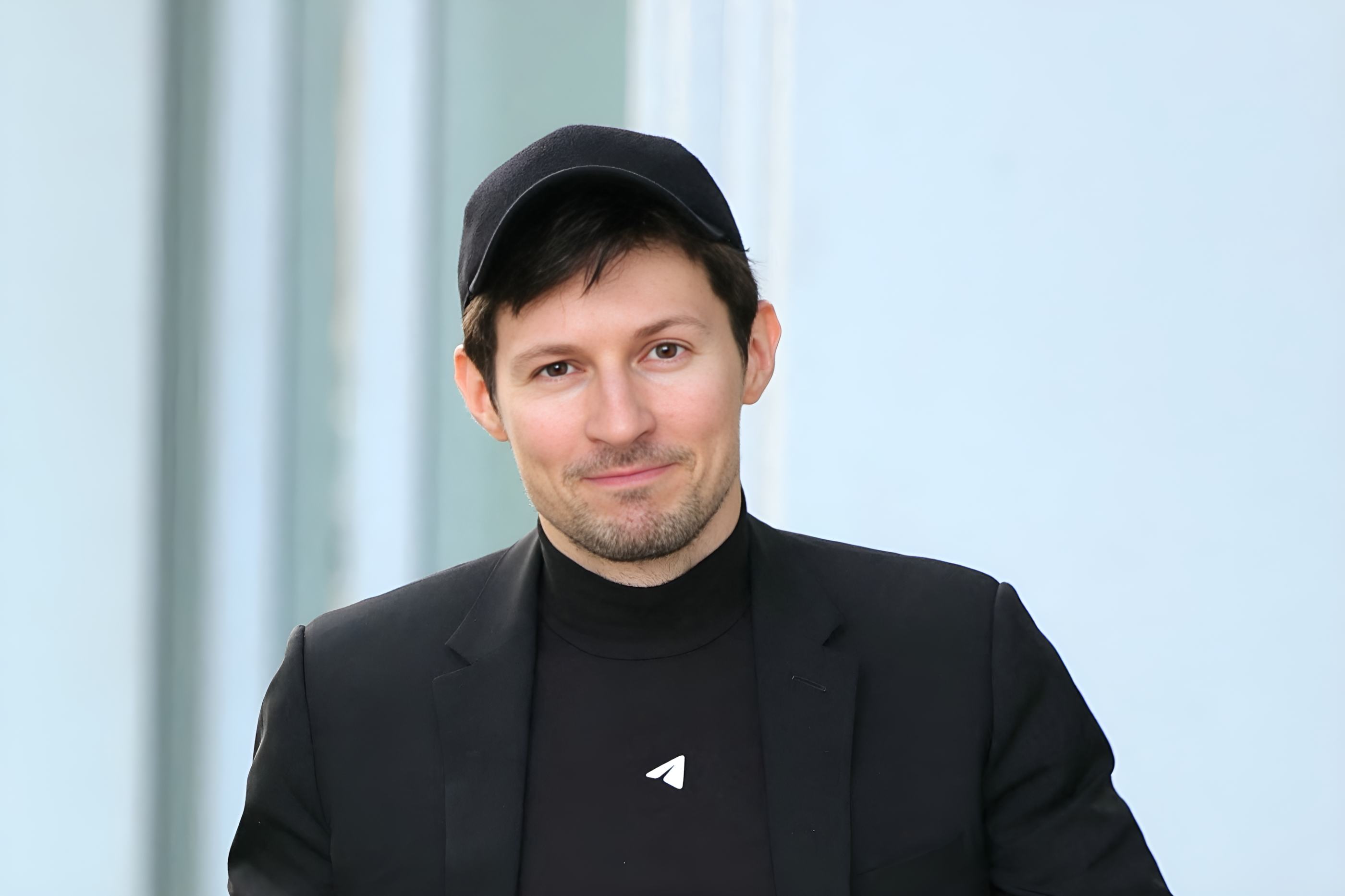Telegram’s Durov faces third round of questioning in Paris criminal probe

French authorities have been examining Telegram’s operations since 2024, focusing on how the platform may have been misused for illegal activities.
Telegram founder Pavel Durov was questioned for the third time by French magistrates on Monday, as investigations continue into claims that the messaging platform has been used to support criminal networks.
The 40-year-old Russian-born entrepreneur appeared before a Paris court on July 28, 2025, nearly a year after his dramatic detention in the city triggered a wide-ranging probe into the app’s alleged role in facilitating organized crime.
French authorities have been examining Telegram’s operations since 2024, focusing on how the platform may have been misused for illegal activities. Durov has been accused of multiple infractions tied to enabling criminal activity but has firmly denied any wrongdoing. On Monday, he and his legal team declined to comment publicly, opting not to speak to the media after the session.
During an earlier hearing in December 2024, Durov defended the platform’s core mission, stating, “Telegram's fundamental purpose was not to enable illegal activities.”
He admitted, however, that criminal groups were increasingly taking advantage of the app and pledged to improve content moderation to address these issues.
According to sources linked to the investigation, Telegram has shown greater cooperation with French authorities since Durov’s arrest. This shift has been seen as a positive step in efforts to curb the platform’s misuse by criminal actors.
Durov’s travel restrictions, initially imposed after his 2024 arrest, were eased earlier this month. While he is still under judicial control, he has now been allowed to spend up to two weeks at a time in the United Arab Emirates, where he resides.
His legal team has launched multiple challenges to the ongoing case.
A source familiar with the matter confirmed that lawyers have filed motions with the Paris Appeals Court seeking to have the charges dismissed.
In addition, they have initiated a constitutional challenge in France and have requested a preliminary ruling from the European Union’s highest court to assess the legitimacy of the proceedings.
The legal battle surrounding Durov and Telegram continues to draw international attention as questions persist about the balance between digital privacy, platform responsibility, and law enforcement in the age of encrypted communication.
